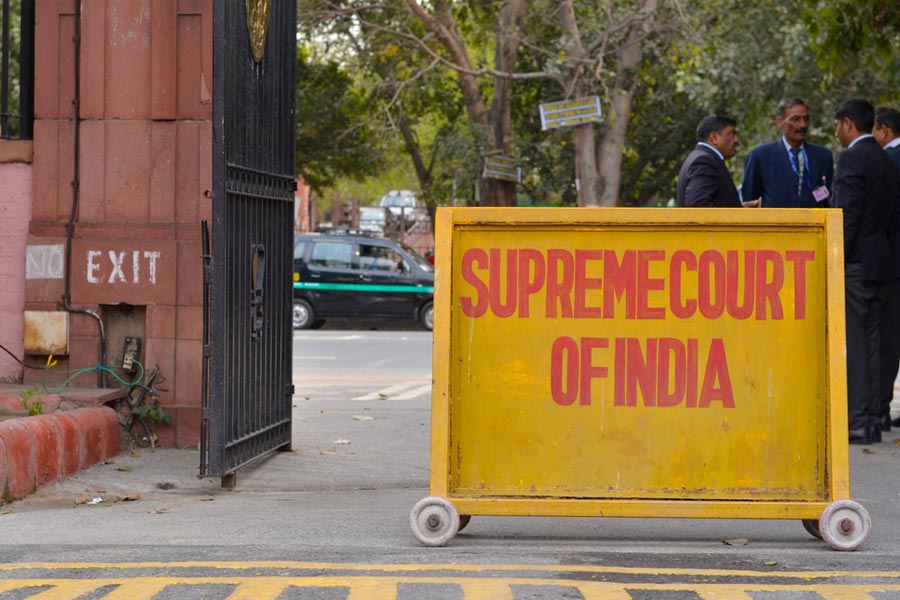A regulatory quagmire threatens to undermine the investigation into US short-seller Hindenburg Research’s accusations of shenanigans by the Gautam Adani group that shook the stock markets at the start of the year.
A six-member expert committee headed by a retired Supreme Court judge, Justice A.M. Sapre, has concluded that the frequent changes in securities laws since 2018 make it difficult to conclude that the Adani group had violated regulations by bringing the minimum public shareholding below a mandated 25 per cent threshold.
It has said there is no evidence that the group deliberately concealed the identity of the real owners of the funds that were funnelled into the conglomerate through 13 “opaque” entities residing in various tax havens.
At the same time, the committee — which submitted its report to the top court on May 8 — said the accusation of stock price manipulation could not be established.
The surge in the prices of the Adani group stocks had propelled Gautam Adani to almost the top of the totem pole that ranked global tycoons last year.
Sebi had suspicions that 13 overseas entities had “opaque” structures because the ultimate chain ownership was not clear. The regulator had found 42 “contributories” to the assets under management of the 13 overseas entities.
One reason for this “failure” was the manner in which the legislative policy of Sebi was altered under the Foreign Portfolio Investor (FPI) regulations.
Until 2018, the FPI regulations requiring disclosure of the beneficial owner were in consonance with the requirements under the Prevention of Money Laundering Act (PMLA).
In 2018, the provision dealing with “opaque structure” -– which required an FPI to disclose every ultimate natural person at the end of the chain -- “was done away with”.
However, in 2020, the investigation and the enforcement authorities “moved in the opposite direction” – stating that the ultimate owner of every piece of economic interest in an FPI must be capable of being ascertained.
This perpetuated a classical chicken-and-egg situation: “The securities market regulator suspects wrongdoing, but also finds compliance with various stipulations in attendant regulations," the expert committee said.
“It is this dichotomy that has led to Sebi drawing a blank worldwide, despite its best efforts. Without such information, Sebi is unable to satisfy itself that its suspicion that has been aroused can be put to rest.”











